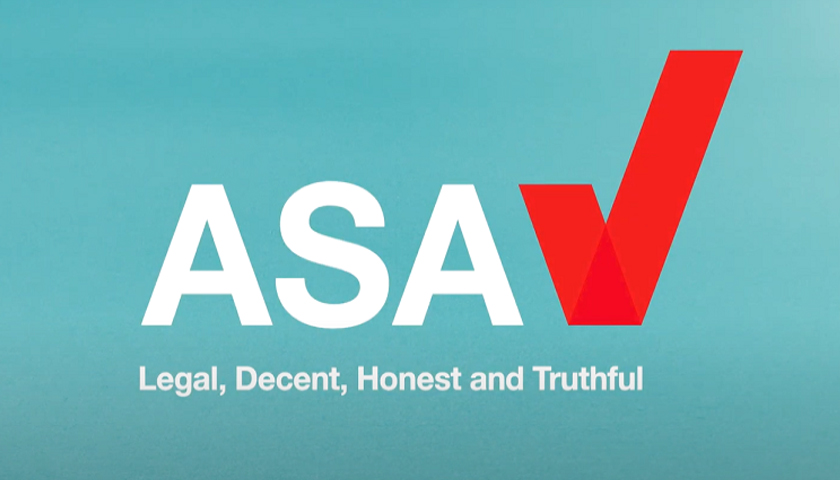The ASA have released a post which talks about: ‘Avoiding pour decisions when advertising alcohol’. I have enclosed the text of the link below, but please have a look at the ASA site as there are lots of things of interest to anyone with an interest in Ethical Marketing.
Generally speaking, there’s nothing wrong with promoting alcohol products in the best possible light – but you must ensure you stick to the Advertising Rules. The alcohol rules specifically are used to ensure that ads do not (amongst other things) imply, condone or encourage immoderate, irresponsible or anti-social drinking.
To help you stay on the right side of the line, here’s some key advice on marketing alcohol responsibly.
Social drinking and promotions
Ads should not show people drinking to excess or in an irresponsible manner and alcohol-related promotions must be marketed responsibly. Showing people enjoying a drink with friends is not usually a problem; but if the alcohol is seen as a major component in the success of the social event or if the ad encourages excessive drinking, this is likely to break the rules.
Care also needs to be taken with promotional offers, like “Bottomless Prosecco”, to ensure that the content doesn’t encourage excessive drinking or lead people to adopt styles of drinking that are unwise.
Think about the children
It seems obvious, but it’s nevertheless important to ensure that alcohol ads are not targeted at people who are under-18 through the content, media or context in which they appear. In terms of content, this means avoiding imagery and other elements that are likely to be of particular appeal to under-18s or reflective of youth culture.
It’s also important to remember, that whilst targeting concentrates on under-18s, people featured in alcohol ads should be (and look) at least 25 years old, and those shown drinking should not be behaving in a juvenile manner regardless of their age.
It’s rarely, if ever, the answer
Claiming that alcohol has therapeutic qualities or is the answer to overcoming boredom and loneliness or other problems, will pretty much always break the rules. For example, the claim “People are not addicted to alcohol or drugs, they are addicted to escaping reality” was considered by the ASA to not only encourage excessive drinking but also suggest that drinking provides a solution to personal problems and therefore ruled against the ad in which it appeared.
For more advice on alcohol advertising, see our guidance and if you need further bespoke advice on your non-broadcast ads, our Copy Advice team are here to help.


